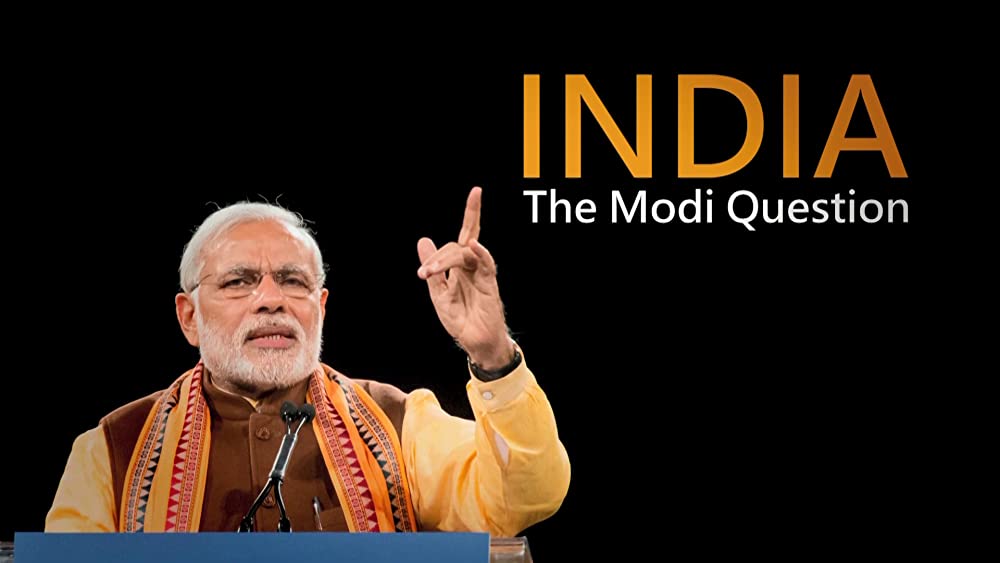NPC: "India: the Modi Question" Documentary & Panel 3/7
On Tuesday, March 7th at 6 p.m., a truncated version of "India: the Modi Question" will be screened followed by a panel discussion. Wharton Club members and guests are invited.
On Tuesday, March 7th at 6 p.m., a truncated version of "India: the Modi Question" will be screened followed by a panel discussion.
a truncated version of "India: the Modi Question" will be screened followed by a panel discussion.
After the BBC aired this documentary on Jan. 17, the Indian government used its emergency powers to ban it from being aired in the country. Modi’s government also forced Twitter and YouTube to block the documentary in India under an unjust 2021 information technology law.
The BBC documentary examines Modi’s role in the 2002 Gujarat riots when he was chief minister of the western Indian state. During the riots, thousands of predominantly Muslim Indians were killed, many were raped, and Muslim establishments were set on fire. The Indian Supreme Court exonerated Modi in 2012 of wrongdoing, but the documentary notes the British Foreign Office produced an unpublished report claiming Modi was “directly responsible” for enabling the impunity of violence that led to the killings.
Confirmed speakers include:
- Imran Dawood, who, as an 18-year-old, witnessed his family members lynched to death in Gujarat in 2002 and survived only because the Hindu extremist attackers presumed him dead. He is featured in the BBC documentary
- Yusuf Dawood, Imran’s uncle, has led the family’s fight for justice for 20 years
- Dr. Aakashi Bhatt, daughter of Sanjiv Bhatt, incarcerated whistleblower police officer who testified before India’s Supreme Court that Modi ordered the police to allow Hindus to kill Muslims
- Ashish Khetan, an investigative journalist who ran a secret sting operation in 2007 and recorded several men associated with Modi’s Hindu rightwing organization, RSS, confessing they carried out mass murders of Muslims
Statement from Eileen O'Reilly, president of the National Press Club, and Gil Klein, president of the National Press Club Journalism Institute
“India should be proud that it is the largest democracy in the world, but it cannot hold on to that identity if it continues to erode press freedom, persecute journalists, and suppress news that holds a mirror up to its shortcomings. Since Modi came to power, we have watched with frustration and disappointment as his government — time and time again — has suppressed the right of its citizens to a free and independent news media.”
“We strongly urge the government of India to rescind its ban on the BBC documentary and to allow the citizens of India to decide for themselves whether they agree or disagree with its findings. The BBC is one of the most respected news sources in the world and is known for its high editorial standards. We also demand in the strongest terms the government stop its persecution of journalists and suppression of press freedom in India.”

Click here to reserve your place for the program
